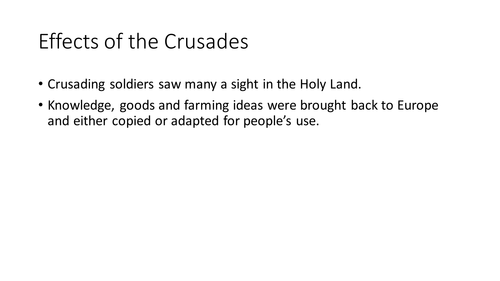Lawriepeet's Shop
I am a History teacher in the North West, and head of Citizenship in my school. I have been teaching since 2007, in four secondary schools across the area. In between times, in 2012, I taught as a volunteer teacher in Ghana, with English, French and Maths classes (you can read about my adventures in my book, Teaching in the Sun, available on Amazon). All of my resources have been extensively tried and tested. I hope that you, like me, are able to use them for good and outstanding lessons.






















